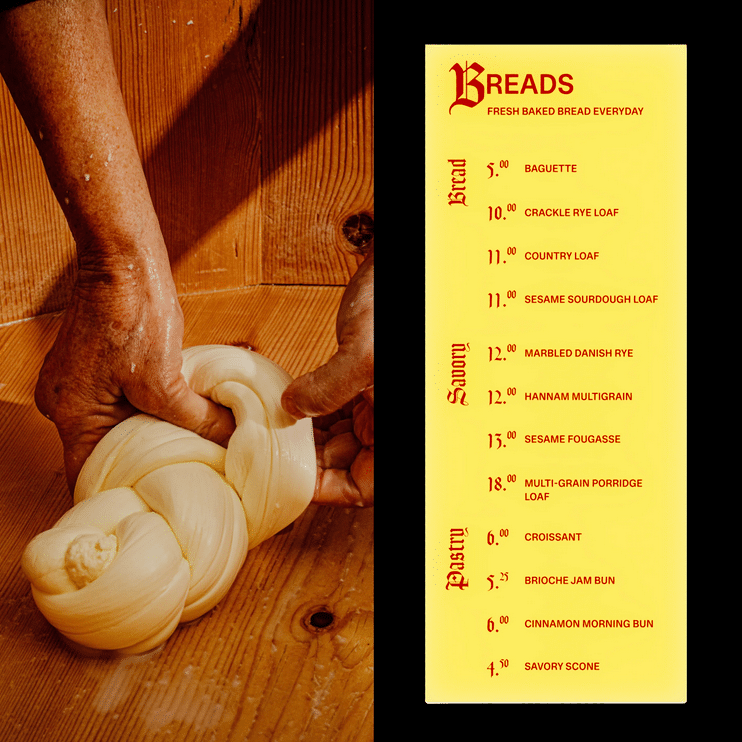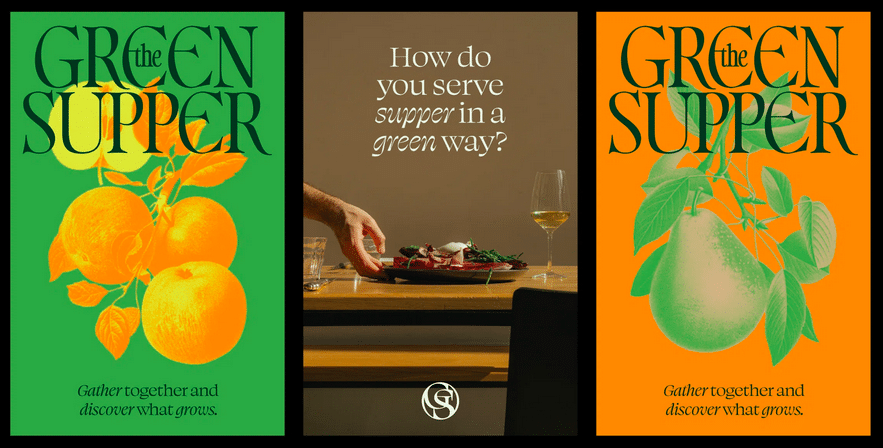I found novelist Catherynne Valente’s newsletter from another newsletter and oh my god this essay about fascism. The title pretty much sums it up—“There’s No Such Thing As a Smart Fascist”–but the points she makes explain everything about how we got here and how Trump is probably going to get reelected. Is it depressing as hell? Yeah. Is it an essential read so your brain can finally stop protesting, “But they can’t DO that!” Oh yeah. Because they can. That’s the point.
But none of them are smart or capable or gifted with understanding and foresight. That’s not the great talent of fascists. They don’t need—or want—to be those things or have those talents. They only need one… Fascists, and their larval form, conservatives, simply do not give one single lonely fuck for rules or conventions or the system in which they flourish.
That’s it! I read that and everything made so much sense.
Definitely read the whole thing, though, because it’s enlightening but also grimly funny [emphasis mine throughout]:
McConnell never had to have a strategy. He just had to not give a fuck. Denying Obama a Supreme Court nominee and then shoving every blogger with a reasonable facsimile of a law degree onto the bench wasn’t strategy. It was just not giving a fuck about the rules, sitting on his hands like a smug little frog-goblin, and saying no. McCarthy is doing the same thing, risking the entire world’s stability because it makes the zombie hyena brigade laugh. Just sticking out that pugnacious Mussolini-chin and donkey-barking: no no no.
That’s it. There’s no clever handling of the system, no scrying out of loopholes, no incisive interpretation of the law. There’s just ignoring it and daring someone to do something about it. SCOTUS’s new motto is basically Lol What Are You Gonna Do About It? in Latin. We all know precedent, standing, ethics and arguments mean nothing anymore. Six of them are just going to chortle and preen and smoke each other’s farts in the finest of pipes and pull the big novelty rope for whatever hurts people the most for the foreseeable future.
I mean, this!
It’s not a coherent belief system, it’s just government by narcissistic personality disorder. A narcissist is never wrong, never a hypocrite, never at fault. A narcissist changes reality around them and bulldozes others into agreeing with it to save their sanity and their skin and then turns around and changes that reality on a whim to avoid ever having to feel anything at all, least of all the dreaded responsibility. There’s no such thing as a smart fascist because smart people, by definition, think about things and fascism is terrified of letting anyone think about what’s happening for more than a second. Just throw up some new pain porn on the captive media and give it bright colors until people are so angry they can’t think, not even about what they’re angry about.
This!!
Evil doesn’t win because good is dumb. Evil wins because evil is easy. It’s so damnably easy to be stupid and hateful and ignorant and mean. It’s effortless. It’s easy not to regulate your behavior or your emotions because fuck everyone else that’s why. It’s easy to just go through life the way your parents told you to and hate anyone who lives differently. It’s easy to fear and lash out and buy a bunch of guns and puff up your chest on the internet and just shriek a tantrum into your phone’s camera that amounts to nothing more complicated than waaaaa but I’m supposed to get everything I want all the time! It’s easy to vote for a guy you’ve seen on TV for 30 years because you think it’s funny when he says things you think but your kids get super mad at you for saying. It’s easy to hurt others from a safe position. It’s easy to be a sack of shit. It just is. All you have to do is never think of anyone or anything but yourself.
Eeesh. Definitely read it. I think I have to subscribe so I can read her follow-up.



